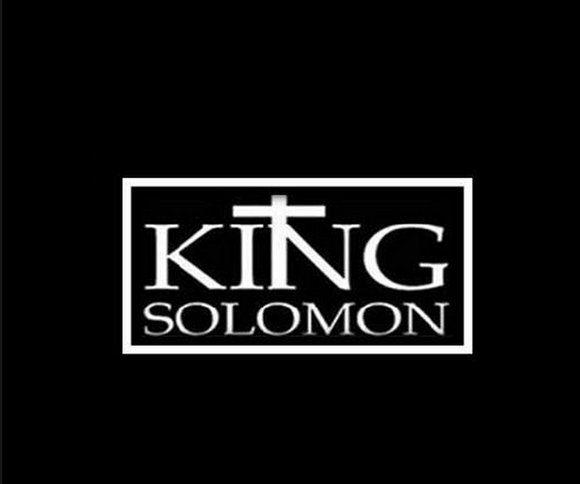Historic church in Detroit placed on National Register
Free Press staff, wire reports | 6/19/2015, 12:43 p.m.
A Detroit Baptist church with a history of civil rights activism has been placed on the National Register of Historic Places.
Michigan officials announced last week that King Solomon Baptist Church — where Dr. Martin Luther King Jr., Malcolm X, Elijah Muhammad and Thurgood Marshall once spoke — was placed on the list in late May.
“Earning a listing in the National Register is truly an honor,” said Brian Conway, state historic preservation officer. “To be considered eligible, a property must be examined for age, integrity and significance.”
The 99-year-old church at 14th Street and Marquette Avenue became an African-American congregation in 1955 and was known in the 1960s as a place where noted civil rights leaders came to deliver important speeches, such as Malcolm X’s 1963 talk “Message to the Grassroots.”
“We’re excited,” said the Rev. Charles Williams II, pastor of King Solomon Baptist and head of the Detroit chapter of the National Action Network. “This is certainly an esteemed honor from the federal government. The history of King Solomon really goes hand in hand with the city of Detroit.
“Whether it’s the labor movement, civil rights, religious activity or soul music, we’ve played a role in so many ways.”
Rev. Williams is trying to raise money to put up a historic marker and to rehabilitate the site, which has fallen into disrepair over the decades.
Today, the church is still known for its activism, often hosting community meetings on a range of issues, from police abuse to racism to poverty. It has about 150 members.
Before King Solomon became a predominantly black congregation, the church was called Temple Baptist Church and led by the Rev. J. Frank Norris, a fundamentalist conservative preacher who railed against Catholics, evolution and Communism.
In the late 1950s, after the church changed hands, it became known as a liberal center. The Progressive National Baptist Convention, the group that Dr. King helped form after breaking away from a conservative black Baptist group, held its second annual conference at the church in the early 1960s.
The Nation of Islam held some of its annual conventions at the church in the 1950s and 1960s. In November 1963, Malcolm X delivered “Message to the Grassroots.” In the 45-minute speech, he contrasted what he called “field Negroes” and “house Negroes,” saying that African-American leaders had compromised themselves to please white people rather than help the majority of African-Americans.
In his talk, Malcolm X blasted the March on Washington led that summer by Dr. King and called for African-Americans to unite against a common enemy, using violence if necessary to defend themselves. The influential talk helped inspire black power movements in the 1960s and 1970s.
King Solomon Baptist also was known as a center for gospel music, featuring singers such as Sam Cooke, who would later became popular in the entertainment industry.
“We hosted Motown singers when they were doing gospel,” Rev. Williams said. “It’s the history of Detroit.”







